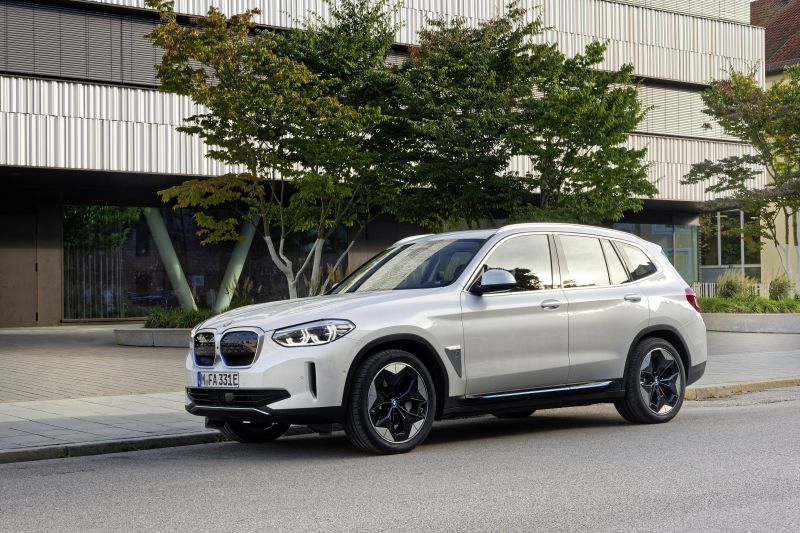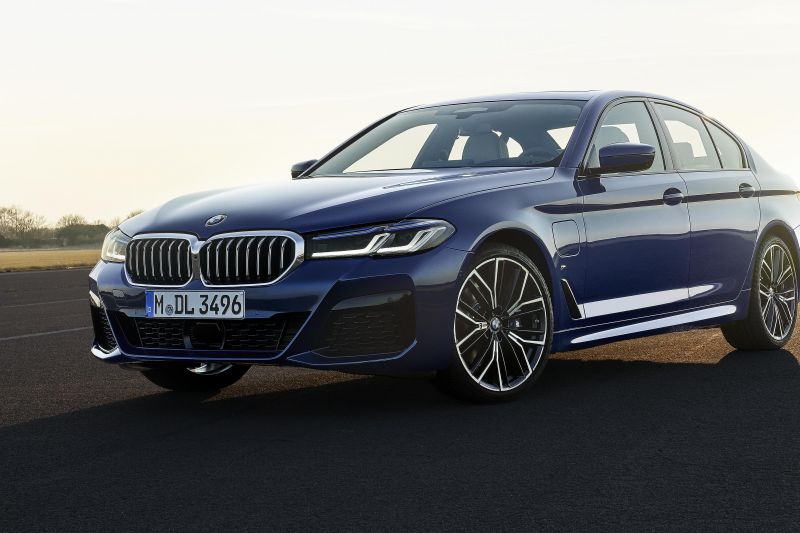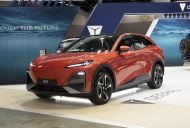BMW is readying a new platform architecture, which will begin production in 2025 in Hungary.
CEO Oliver Zipse said the new architecture is “geared towards electric drivetrains” and is “BEV-centric”, though it won’t be exclusively for electric vehicles like the platform of the moribund i3.
It should accommodate a wide variety of models like the current Cluster Architecture (CLAR), which debuted on the current G11 generation of the BMW 7 Series in 2016.
The rear/all-wheel drive CLAR underpins everything from the 3 Series to the super-sized X7 SUV, leaving the front/all-wheel drive UKL architecture to cover smaller BMWs and Minis.
BMW will continue to introduce CLAR-based models between now and 2025, including the iX3, next generation 2 Series Coupe and the i4.
In addition to the X3-based iX3 and 4 Series-based i4, BMW is also readying electric versions of its 5 Series, 7 Series and X1.
The company will also introduce an additional electric crossover, being referred to as iX or iNext, that’ll be revealed on November 11.
The company is focusing heavily on electrification, aiming to offer 25 models with an electrified drivetrain by 2023. That’ll help it meet stricter European CO2 targets.
It’s committed to a strategy called the “Power of Choice”, however, wherein it intends to continue offering models with a choice of petrol, diesel, plug-in hybrid and electric power.
Like BMW, Mercedes-Benz is also introducing a wide range of electric vehicles based on internal combustion engine platforms, including the EQA and EQB.
Where the three-pointed star brand differs is in its development of the Electric Vehicle Architecture (EVA), an EV-specific platform that’ll underpin a range of sedans and SUVs.





